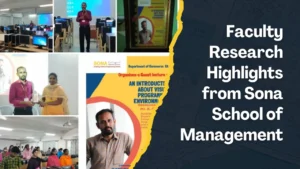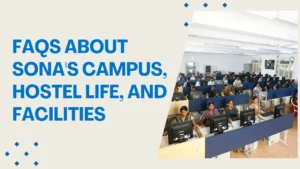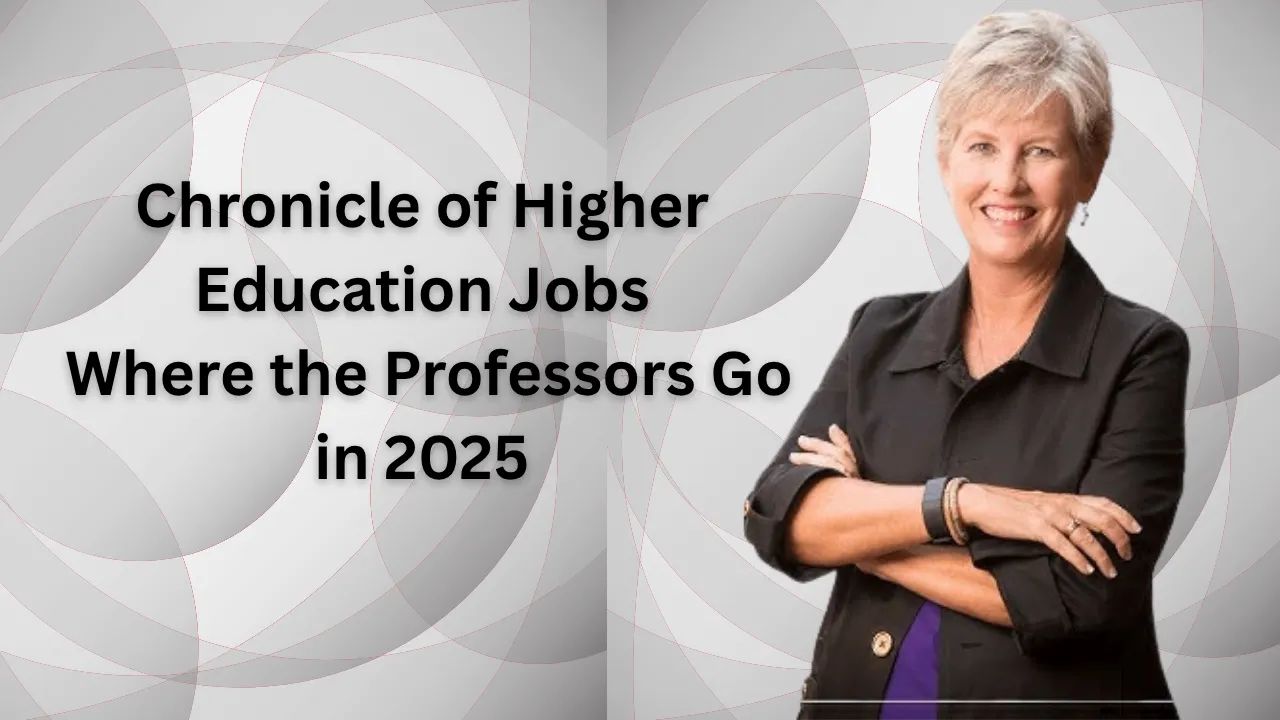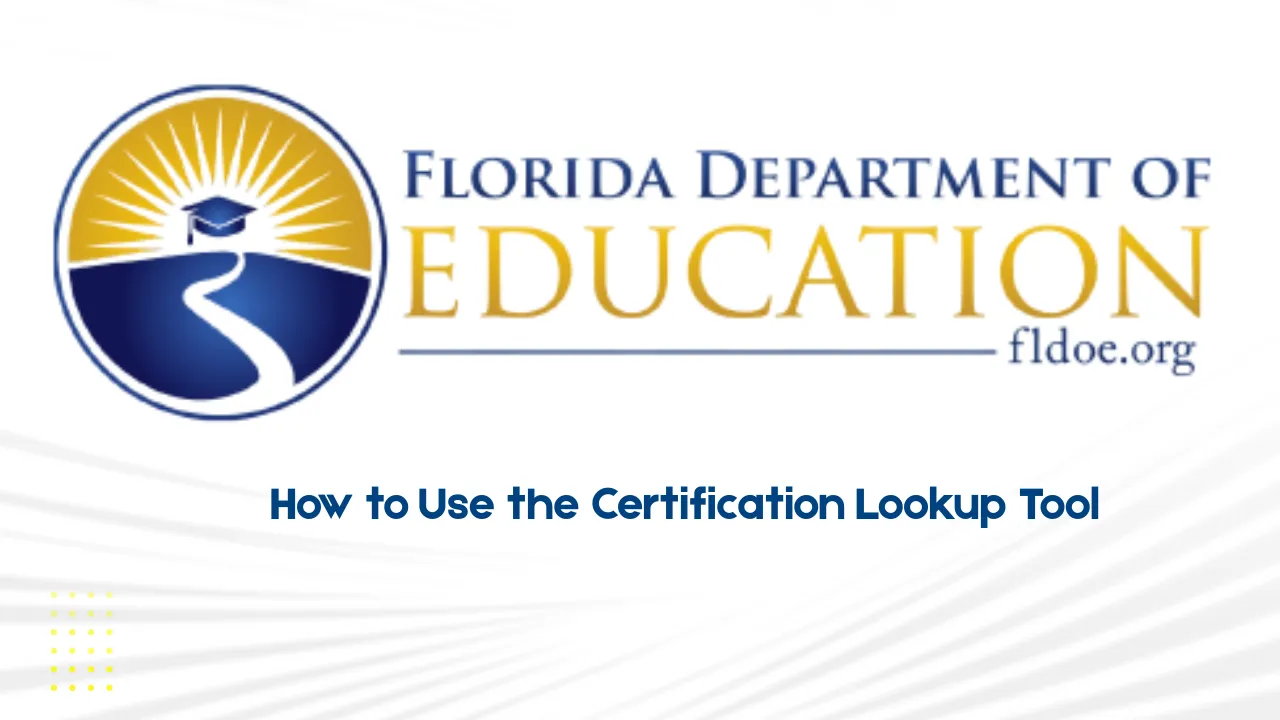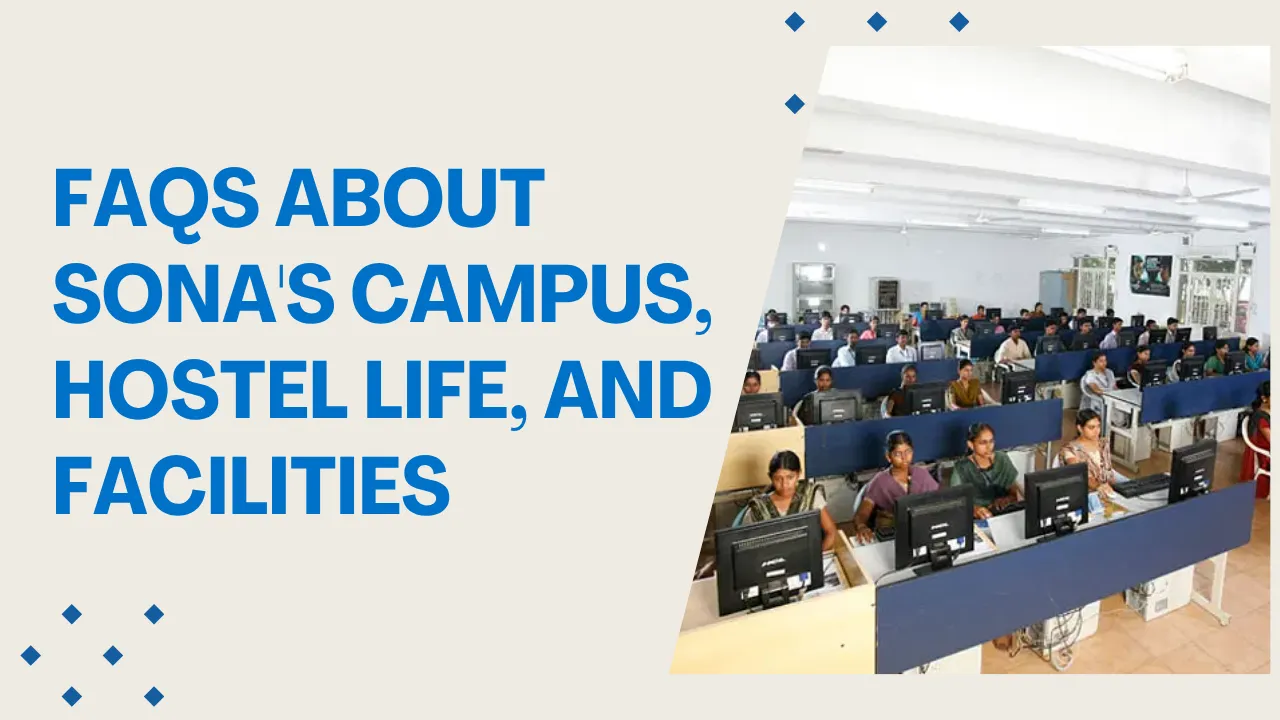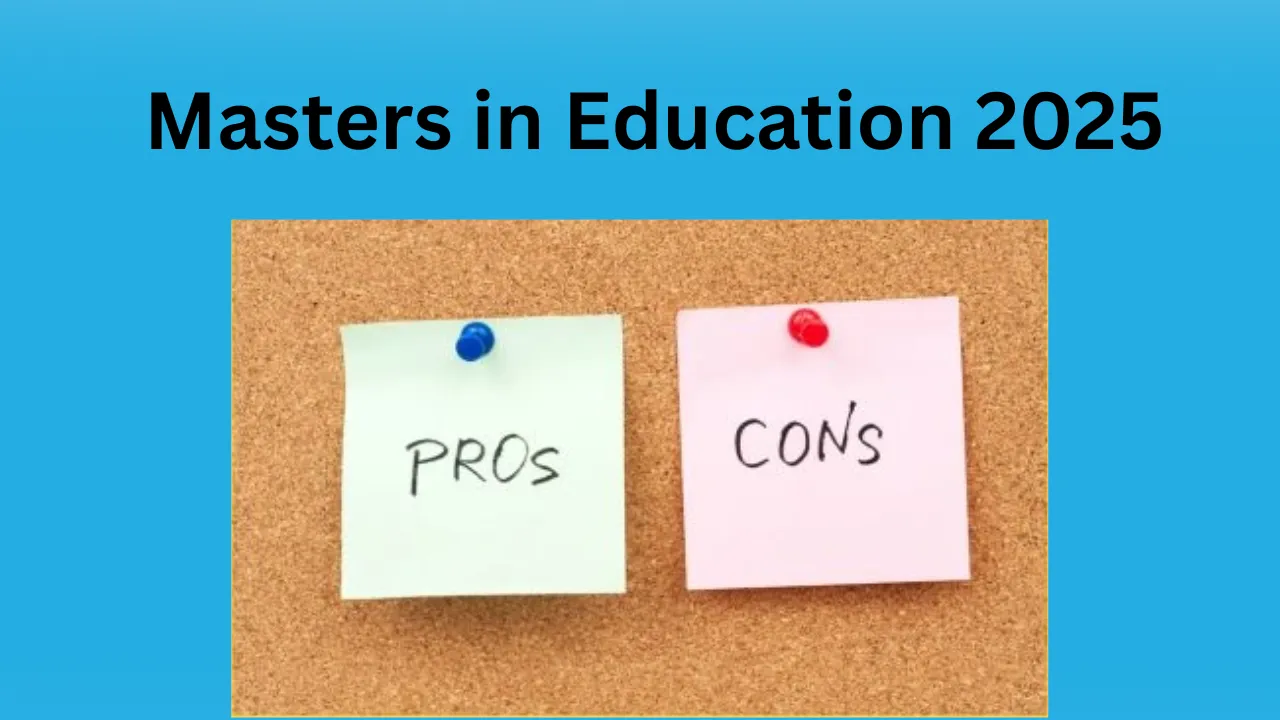Continuing Education: The COVID-19 pandemic reshaped the professional world, ushering in new technologies and forcing industries to rethink how work is done. Traditional career paths were disrupted, job descriptions evolved, and digital fluency became non-negotiable. As these changes unfolded, one solution emerged as a reliable pathway forward: Continuing Education.
Whether you’re pivoting careers, seeking promotions, or adapting to technological shifts, continuing education has become a strategic tool for success. It empowers professionals with up-to-date skills, industry insights, and a growth mindset—key ingredients for navigating today’s ever-changing job landscape.
Why Continuing Education Matters More Than Ever
In today’s rapidly evolving post-pandemic economy, Continuing Education has shifted from a nice-to-have to a must-have. As industries adapt to digital transformation, remote work, and evolving job roles, professionals need to stay ahead with updated skills and knowledge. Continuing education offers flexible, tailored learning options—like online certificates, short courses, and microcredentials—that help individuals upskill or reskill quickly. It bridges gaps in technical expertise, strengthens soft skills like leadership and communication, and supports career advancement or transitions. More than ever, lifelong learning is essential to remain competitive, adaptable, and resilient in a world where professional relevance depends on continual growth.
Overview: Key Benefits of Continuing Education in 2025
| Aspect | Benefit |
| Industry-Relevant Courses | Designed by experts for real-world impact |
| Flexible Learning Formats | Online, hybrid, and evening/weekend options for working adults |
| Applied Learning | Project-based learning builds practical experience |
| Microcredentials | Quick, focused learning for in-demand skills |
| Soft Skills Training | Boosts leadership, communication, and adaptability |
| Digital Literacy | Essential for thriving in tech-driven industries |
| Career Development | Supports transitions, promotions, and job security |
| Lifelong Learning Culture | Encourages a mindset of continuous growth and innovation |
Applied Learning in Continuing Education Programs
Modern continuing education goes beyond textbook knowledge. Today’s best programs feature applied learning, where participants tackle real-world challenges. These experiences not only reinforce concepts but also help learners build a job-ready portfolio.
For example, UX design students may redesign a live website, while project management learners might develop a business improvement plan. These projects teach practical application—a major benefit over traditional, theory-heavy formats.
Flexible Online Learning for Working Professionals
Post-pandemic, online learning has become the norm. Continuing education programs have embraced this shift with self-paced modules, live virtual classes, and hybrid learning formats. Whether you’re working full-time, managing a household, or living remotely, online options make learning accessible and effective.
These flexible structures let you choose how, when, and where you learn—without compromising quality or engagement.
Upskilling Through Microcredentials and Certifications
Microcredentials are a growing trend in continuing education. These compact, affordable programs focus on specific skills like data visualization, AI ethics, or digital marketing. They’re ideal for professionals who want fast, targeted upskilling without committing to a full degree.
In many cases, these credentials stack toward larger programs, allowing learners to build their education progressively while staying aligned with career goals.
Strengthening Soft Skills Through Continuing Education
Technical skills are essential, but soft skills like leadership, collaboration, and communication are now equally critical. Many continuing education programs now include dedicated modules or workshops that teach emotional intelligence, cross-cultural communication, and conflict resolution.
These human-centered skills can set professionals apart, especially in hybrid or remote work environments where clear and empathetic communication is key.
Boosting Digital Skills and Data Literacy
From data analytics to cybersecurity, digital literacy has become a must-have skill. Continuing education helps professionals stay ahead of trends, especially as AI, machine learning, and automation continue to reshape industries.
Courses in data interpretation, programming fundamentals, and emerging tech tools give learners the edge they need to stay relevant and informed in any field.
Professional Development and Career Transition Support
Continuing education isn’t just about skills—it’s about career growth. Whether you’re preparing for leadership, moving into a new industry, or recovering from job displacement, structured education programs can provide the tools, strategies, and mentorship needed to make a successful move.
Many programs also offer career services like resume reviews, coaching, and networking opportunities, increasing your value in the job market.
Why Employers Invest in Continuing Education
Smart companies now view continuing education as a retention and innovation tool. Internal academies and employer-sponsored programs are on the rise. They help companies avoid the costs of hiring and retraining new staff by investing in the growth of existing talent.
Professionals benefit too, gaining promotions, greater job satisfaction, and confidence from knowing their employer supports their ambitions.
Lifelong Learning: A New Professional Norm
The pandemic proved that adaptability is everything. Lifelong learning is no longer aspirational—it’s essential. Continuing education supports this shift, offering modular and accessible pathways for skill renewal throughout your entire career.
From free open courses to advanced certifications, the learning journey never stops. And with each course, your relevance in the market increases.
Final Thoughts: Is Continuing Education Worth It?
Absolutely. Continuing education is one of the most strategic investments a professional can make post-pandemic. It delivers tangible outcomes: updated skills, increased job security, faster promotions, and greater confidence. As industries change and new technologies emerge, the ability to adapt will define your success.
Don’t wait for your next career challenge to start learning. Take the first step today—explore a short course, earn a microcredential, or talk to your HR department about available training options. Your future in a competitive, dynamic workforce starts with your commitment to growth.
FAQs
1. What is continuing education?
Continuing education refers to structured learning activities designed for adults who want to gain new skills, update existing ones, or pivot careers. These can include courses, certifications, workshops, and degree programs.
2. Why is continuing education important after the pandemic?
The pandemic accelerated digital transformation, creating new skill demands across industries. Continuing education helps professionals stay competitive by providing relevant, up-to-date training.
3. How does continuing education differ from traditional education?
Unlike traditional education, continuing education is typically more flexible, career-focused, and often shorter in duration. It caters to working professionals and adult learners.
4. What are some examples of continuing education programs?
Programs range from online certificates in data science, UX design, and project management to microcredentials in leadership, digital marketing, and cybersecurity.
5. Can continuing education help with career changes?
Yes. Many professionals use continuing education to gain new skills for a career shift, build credibility in a new field, or move into leadership roles


